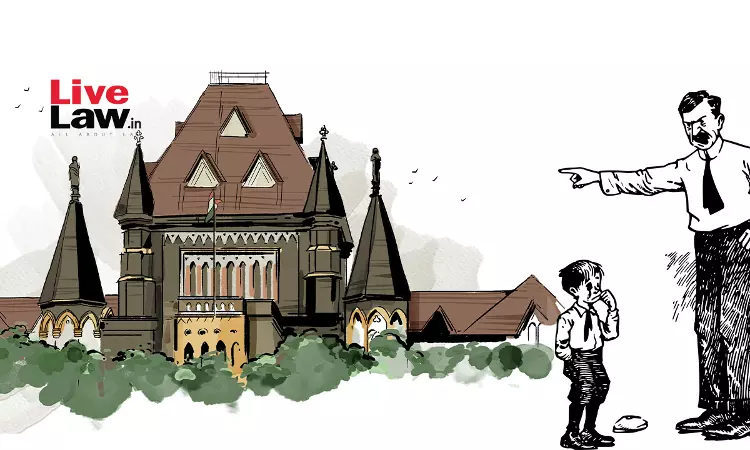The Bombay High Court recently held that a child can be ordered to undergo paternity test only in exceptional cases and father’s attempt to avoid paying maintenance to son by seeking DNA testing should be thwarted at the very inception.Justice GA Sanap of the Nagpur bench dismissed a man’s plea seeking paternity test of a child born during cohabitation with his wife. The man did not...

